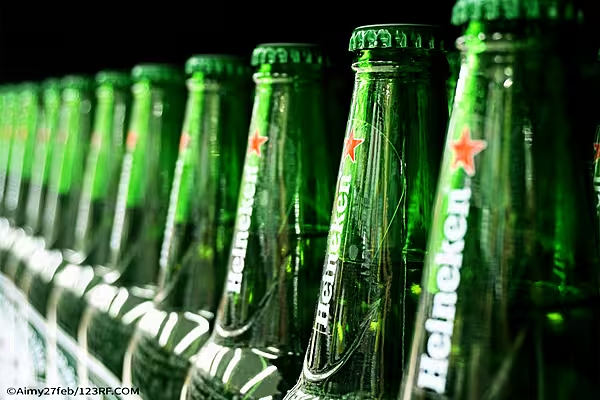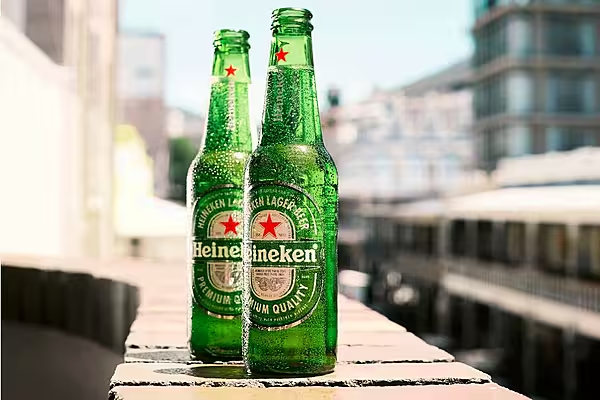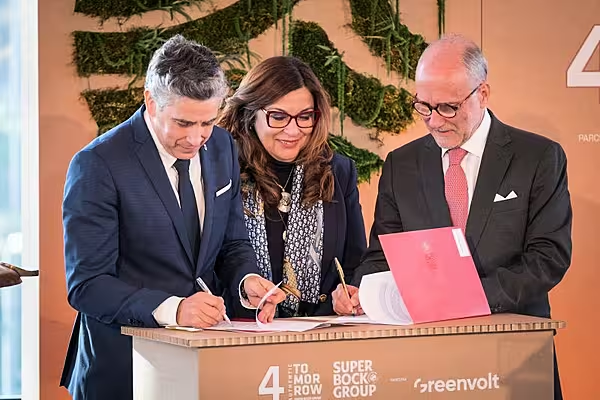Heineken NV achieved a sharper than expected rise in first-quarter beer sales as European bars reopened, enabling the company to stick to its 2022 forecast despite added uncertainty from the conflict in Ukraine.
Beer volumes rose by 5.2% on a like-for-like basis from the same period last year, the world's second-largest brewer said, beating the 3.5% average forecast in a company-compiled poll.
The increase in Europe was 11.5%, driven by a steady loosening of coronavirus restrictions, with Heineken's beer sales in bars and restaurants there almost tripling.
"We had a solid start to the year, in line with our expectations, especially benefitting from strong channel mix from the partial on-trade recovery of Europe and assertive pricing across all regions," commented Dolf van den Brink, Heineken chief executive. "We continue to make progress on EverGreen and launched Heineken Silver in Europe to drive premiumisation at scale."
Additional Uncertainty
The Dutch maker of Heineken, Sol and Tiger lagers and Strongbow cider said Russia's invasion of Ukraine had brought additional uncertainty to the global economic outlook and commodity markets.
'We expect mounting inflationary pressures to impact household disposable income and a consequent risk to beer consumption later in the year,' Heineken said in a statement, echoing a view first expressed in February before Russia invaded Ukraine.
Heineken said it was benefiting from hedging positions taken in 2021 but faced rising costs, supply chain challenges and pressure from its decision to leave Russia.
'Stable To Modest'
For all that, however, the company maintained its guidance of 'stable to modest' improvement to its operating profit margin in 2022.
Heineken had said in February that spiralling inflation could lead to lower beer consumption, casting doubt on its plan to raise its operating margin to 17% in 2023.
The Dutch brewer said then that input costs would rise by a mid-teens percentage rate, with barley double its price of a year ago and aluminium up by about 50%. Energy and freight costs have also risen sharply.
"Looking ahead, we see more macro-economic uncertainty and expect significant additional inflationary headwinds putting further pressure on our cost base," van den Brink added.
"We will take additional actions including pricing to manage these challenges whilst we continue to invest in superior, balanced growth and sustainable value creation."
News by Reuters, edited by ESM – your source for the latest Drinks news. Click subscribe to sign up to ESM: European Supermarket Magazine.














